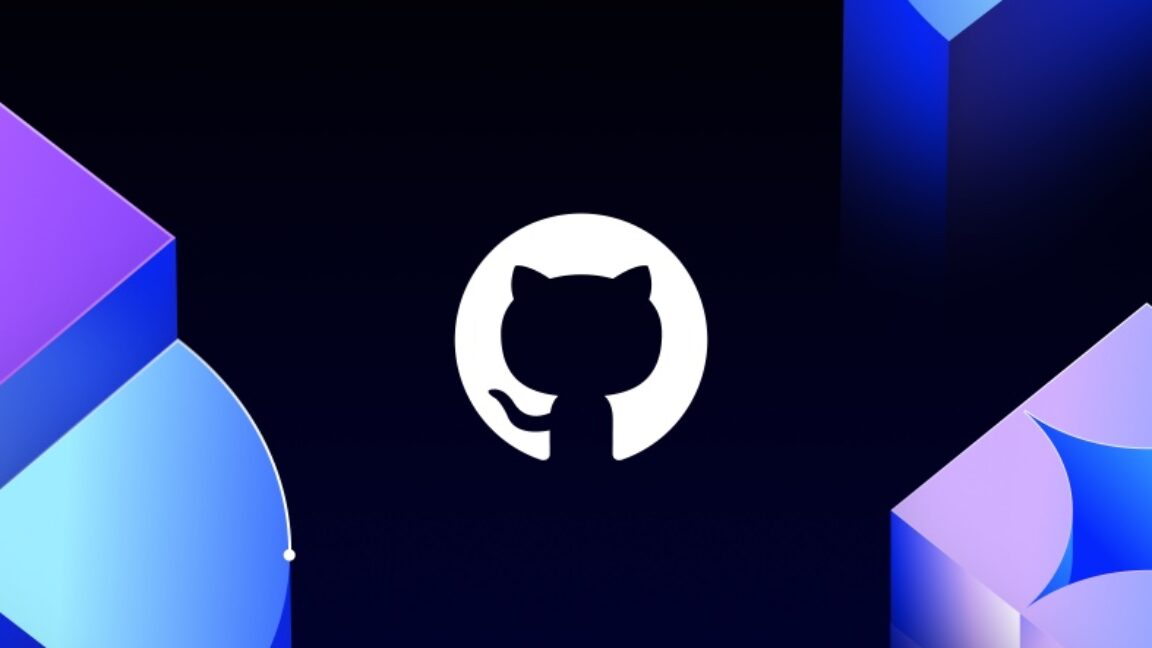GitHub's Integration into Microsoft: A New Chapter Begins

Since acquiring GitHub in 2018, Microsoft has maintained a level of independence for the developer platform. However, significant changes are on the horizon. By next year, GitHub will be more tightly integrated into Microsoft's organizational framework. This shift coincides with the departure of GitHub's CEO, Thomas Dohmke, who plans to leave the company to pursue new ventures as a founder once again.
Despite leaving, Dohmke has assured that GitHub will continue its mission within Microsoft’s CoreAI division. He will remain with GitHub until the end of 2025 to guide the transition. Under Microsoft's broader umbrella, GitHub will report to multiple executives in the CoreAI group, indicating a shift towards deeper integration.
Additionally, there's no plan to directly replace Dohmke as CEO. During his tenure since 2021, he transitioned from being GitHub’s chief product officer to CEO, succeeding Nat Friedman. With Microsoft's acquisition of GitHub valued at $7.5 billion, this advancement makes GitHub one of the company's significant strategic assets.
Bringing GitHub under its AI division aligns with Microsoft's push towards enhancing AI tools, particularly with projects like GitHub Copilot. Since its introduction, Copilot has evolved to support various language models and incorporate agents that simplify coding through AI assistance. Nevertheless, challenges remain, such as Copilot's accidental exposure of private code repositories earlier this year, along with concerns about the reliability of AI-assisted coding tools.
The implication of these organizational changes on GitHub's operations and products remains uncertain. Dohmke’s reporting to other division leaders within Microsoft's CoreAI unit indicates a continuation of strategic objectives without dramatically altering GitHub’s current operations. Only time will reveal the impact of these changes on the tech industry and GitHub’s position within it.



